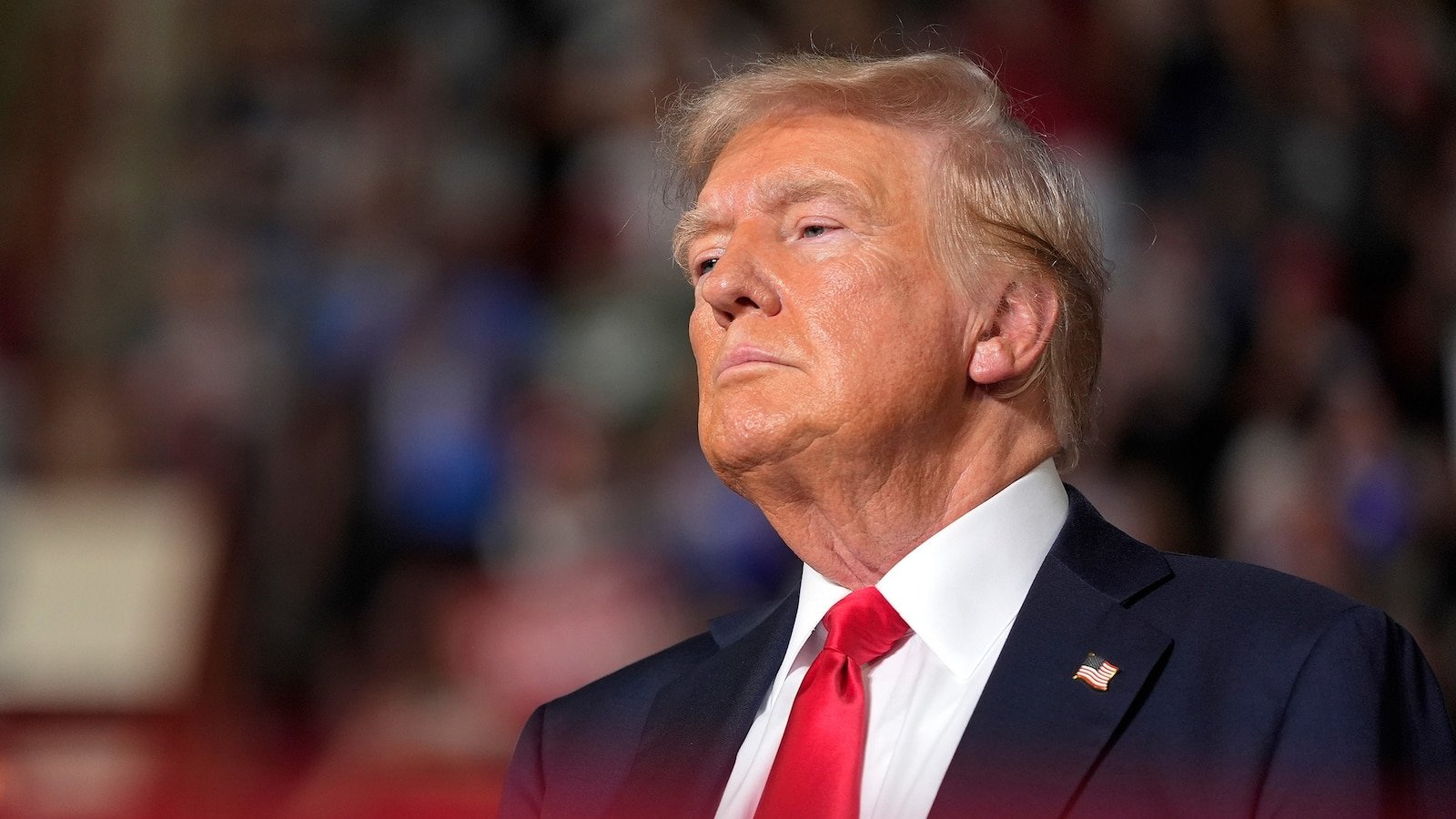Special counsel Jack Smith has outlined new details of former President Donald Trump and his allies’ sweeping and “increasingly desperate” efforts to overturn his 2020 election loss, in a blockbuster court filing Wednesday aimed at defending Smith’s prosecution of Trump following the Supreme Court’s July immunity ruling.
Trump intentionally lied to the public, state election officials, and his own vice president in an effort to cling to power after losing the election, while privately describing some of the claims of election fraud as “crazy,” prosecutors alleged in the 165-page filing.
🗳️ Register to vote: https://vote.gov/



Sure they did. But the electoral college is usually expected to vote in line with the popular vote, which they didn’t. Faithless electors got Trump into office, not the actual electorate that they are allegedly supposed to represent.
So, no, the American people did not in fact vote Donald Trump to be president. The electoral college did, by outright ignoring the voting results and deciding they knew better than the constituents.
What? There were 10 faithless electors. It would have taken 37 to affect the election.
sfx: googling
…Huh, no kidding. I actually somehow completely missed, or else forgot the part where that didn’t actually affect the outcome, supposedly. Fair enough.
However it’s also established fact that Clinton received about 3 million more votes than Trump did. So how did that work out? Not trying to be a wiseass, genuine question, because I still don’t get it.
Put simply, some states get more electors than other states to account for greater population, and each state decides how their electors are supposed to vote according to their statewide popular vote. Most states apply all of their electors to the winner of the popular vote in their state, while some apply them proportionally. Most do the former (“winner takes all”).
This leads to a discrepancy between the popular vote and the electoral vote, and it’s mathematically biased against states with higher populations. So, votes in the more populous states (which tend to vote Democrat) are worth “less” in the electoral college than those in less populous states, leading to Democrats winning the popular vote yet losing the actual election… which has happened in every election they’ve lost since Bush v. Gore, if I’m not mistaken.
I’ll double check that and edit if I’m wrong.Edit: Sorry, it did not happen for Bush v. Kerry, Bush won the popular vote in that one by less than 1%. However, in the other two (Bush v. Gore and Trump v. Clinton) the popular votes were actually won handily by Gore and Clinton, not by Bush or Trump.
Edit 2: This is also notably NOT made worse by gerrymandering, because the number of electors you get is equal to the combined number of senators and congressmen your state gets. Since all states apply their electors based on the popular vote result, it doesn’t matter what party alignments your congresspeople have, so gerrymandering plays no role here.
The mathematical bias comes from the fact that every state gets two senators no matter what the population is, and only your congressperson count is proportional to population, but both count toward your number of electors. So, less populous states have proportionally somewhat more “electors per capita” than states with higher populations.
There are electors for every senate seat. This gives disproportionate power to the small pop. states (which go R most of the time) so Dems are basically always working with a ~30 vote deficit in the electoral college.
The senate is an undemocratic institution meant to protect the wealth. Abolish the senate.
Electors in the electoral college are generally (with a few exceptions where EC votes are allocated proportionally) expected to vote in line with the popular vote of their respective states. Not with the overall national popular vote.